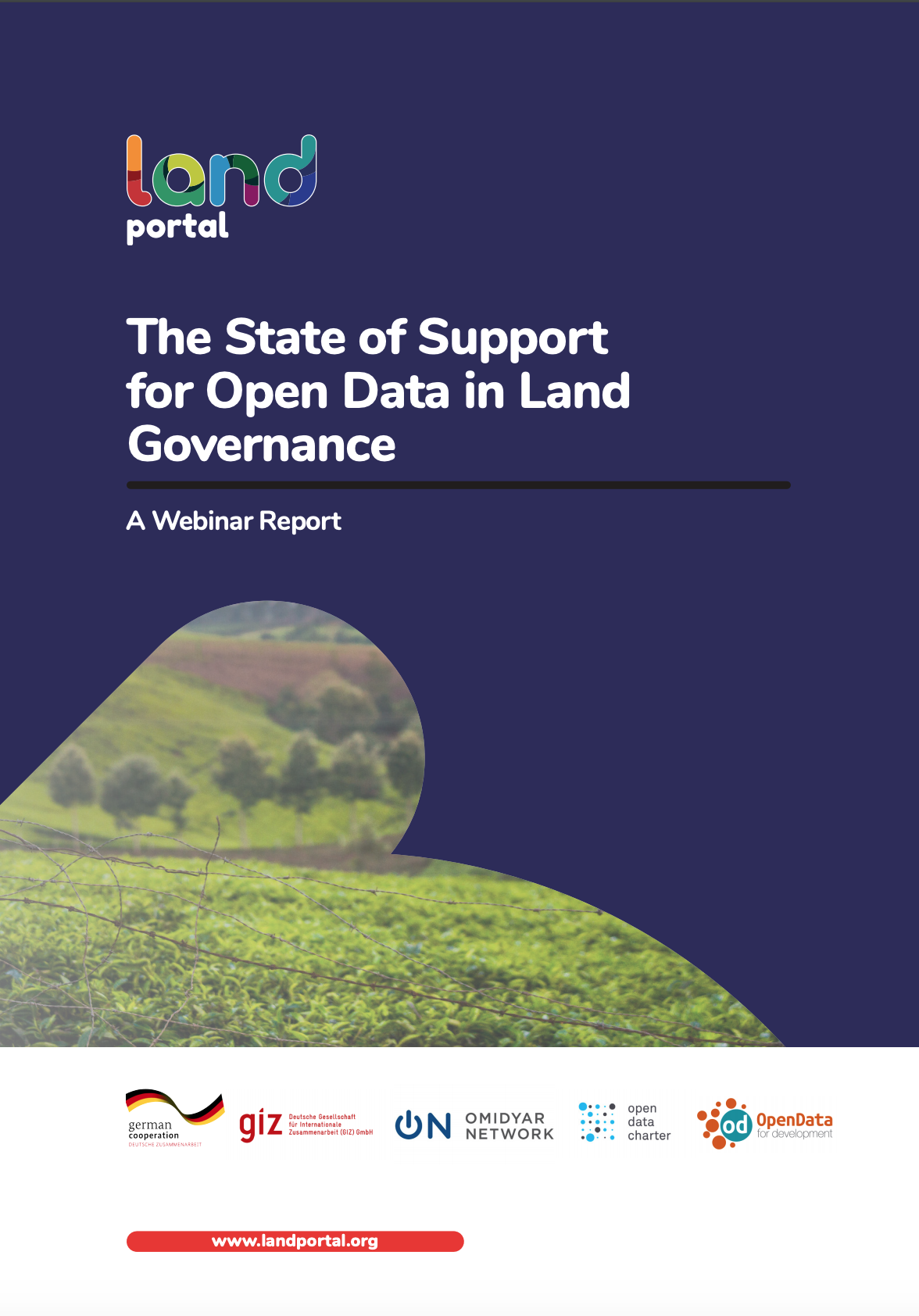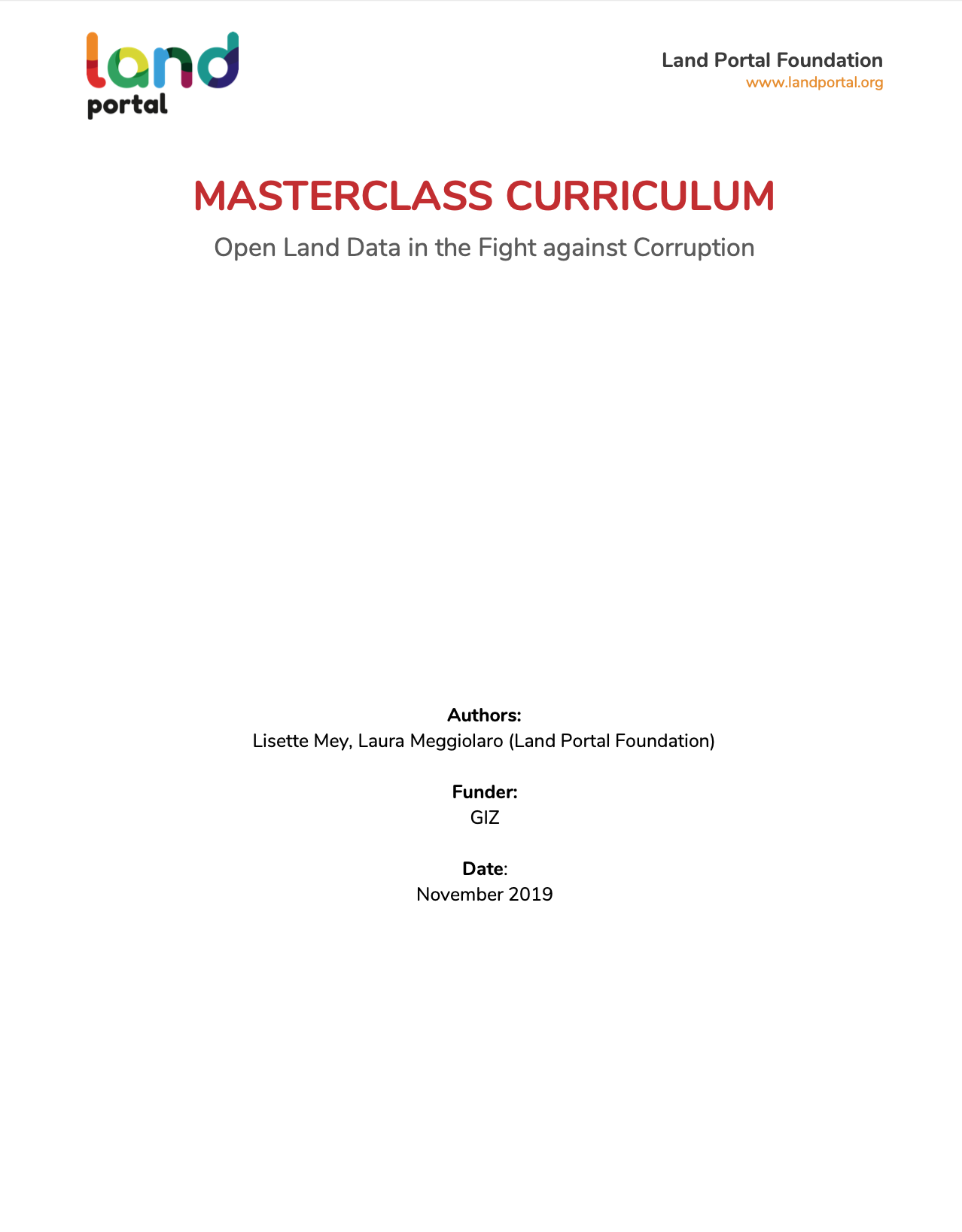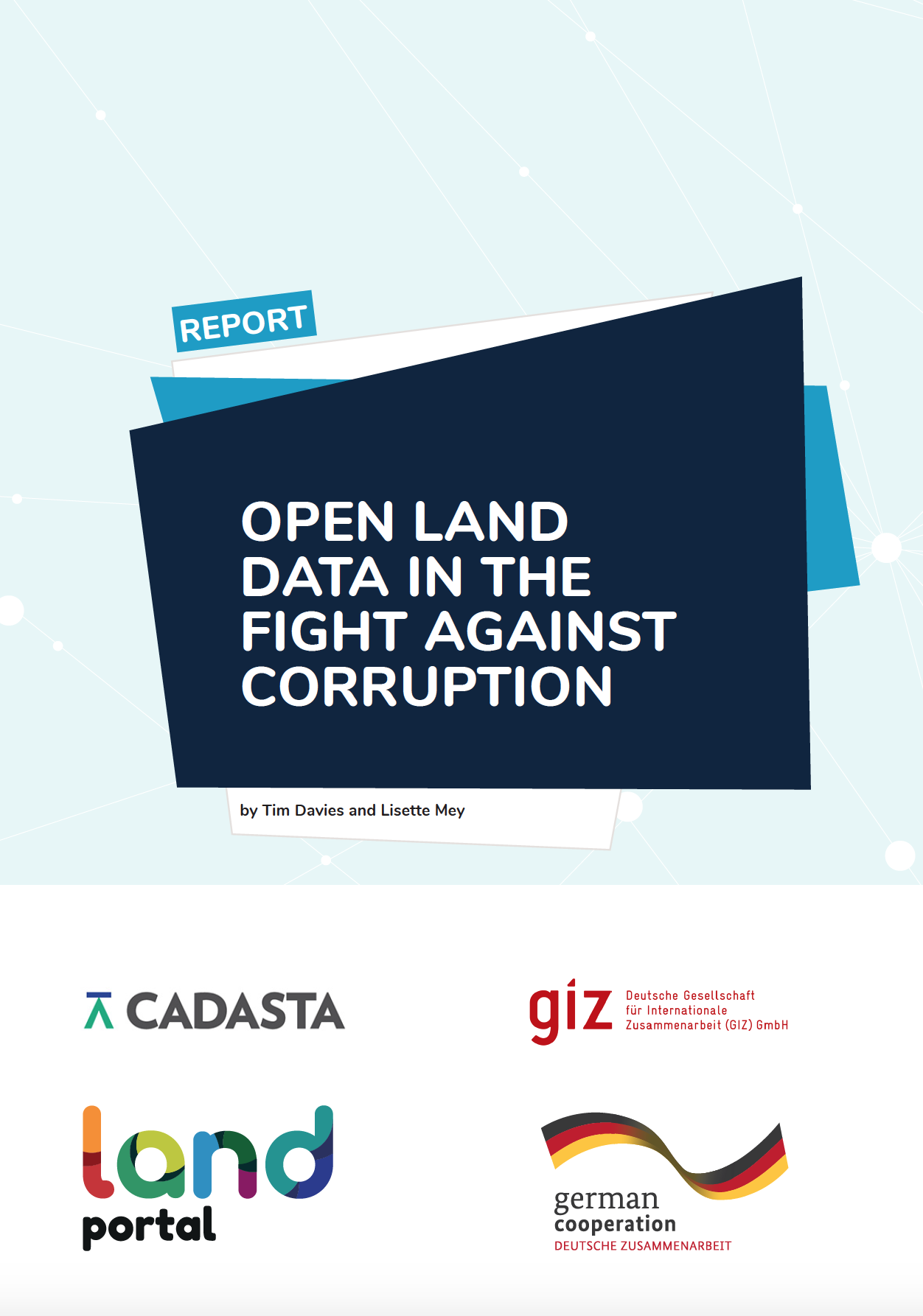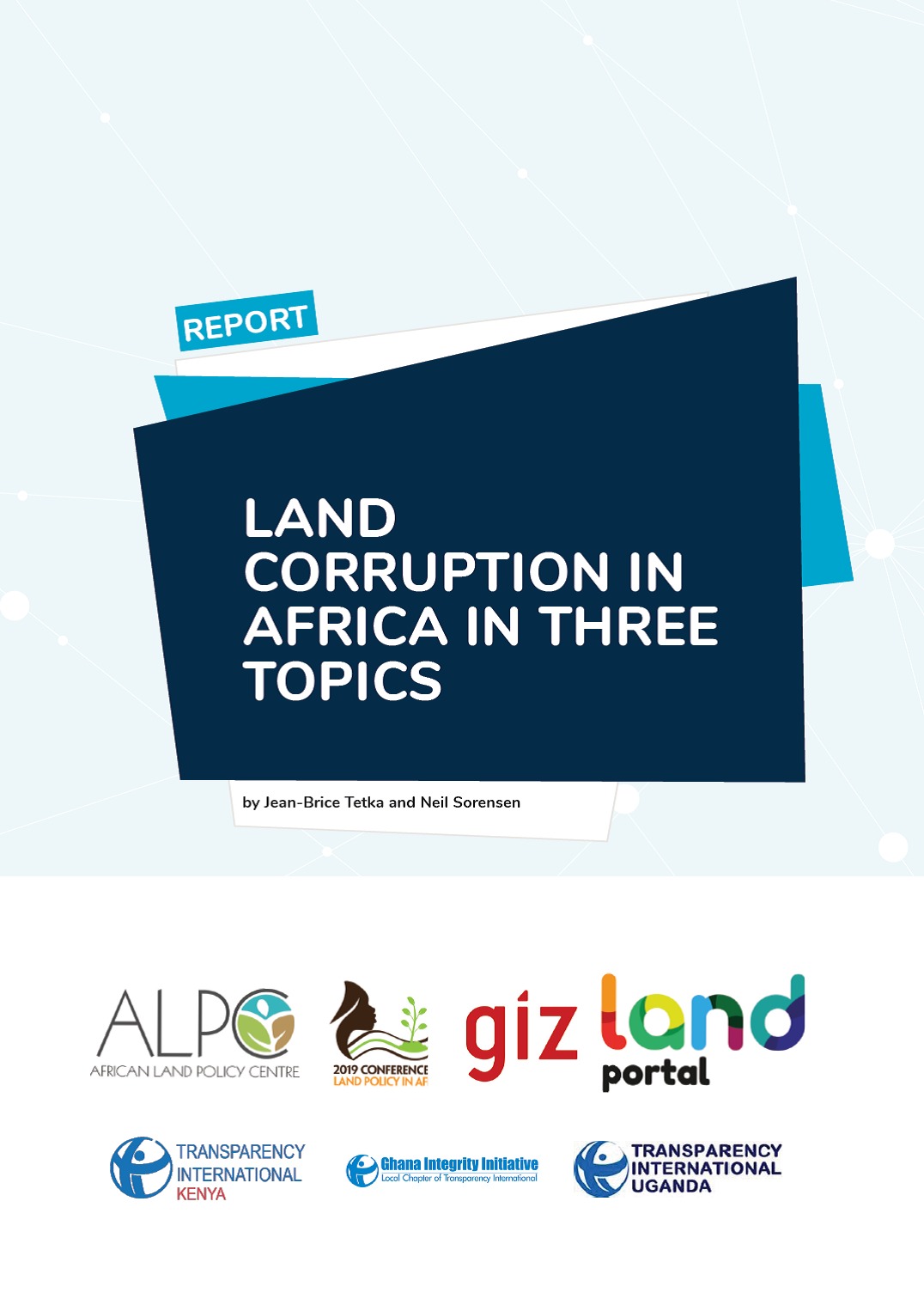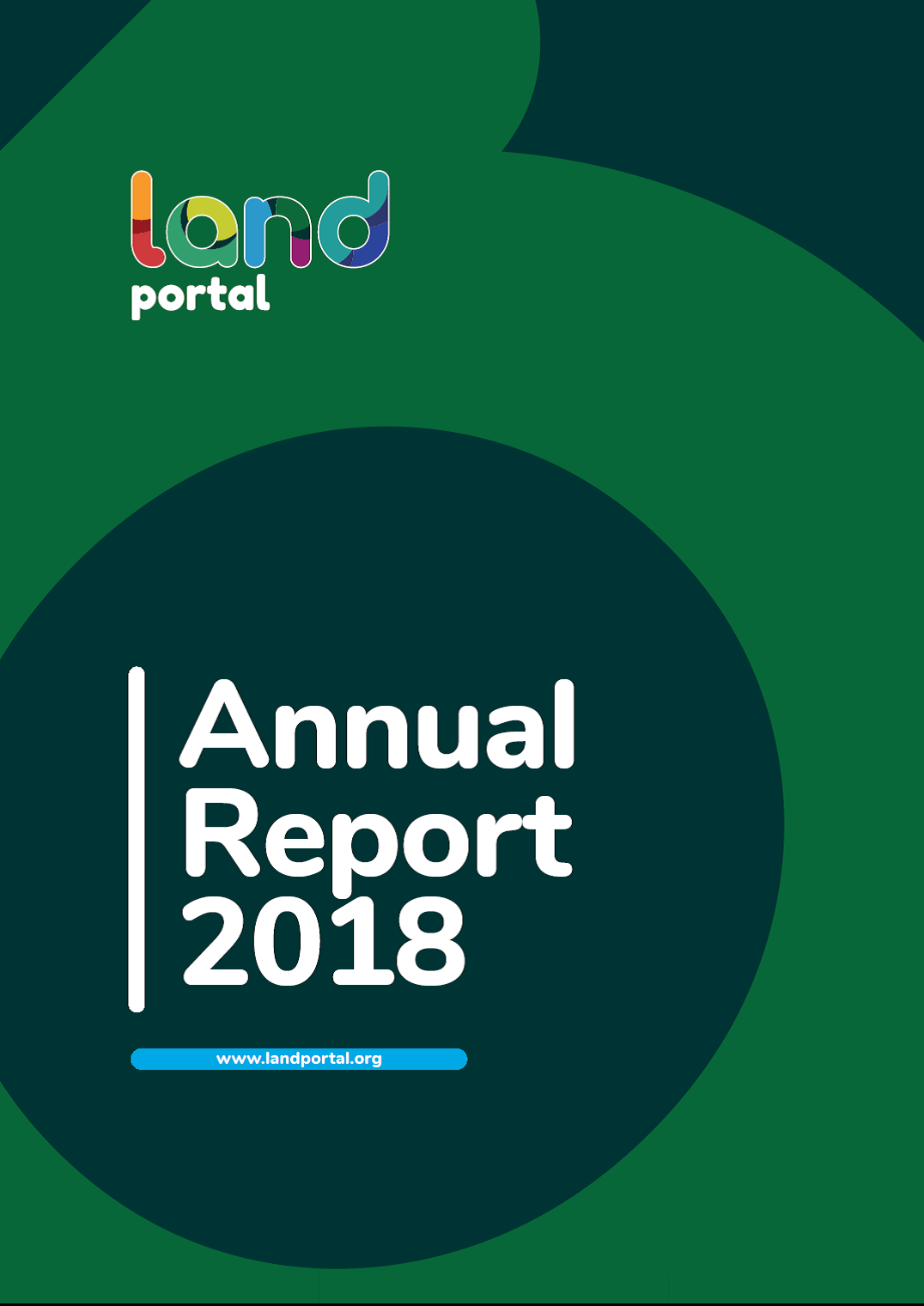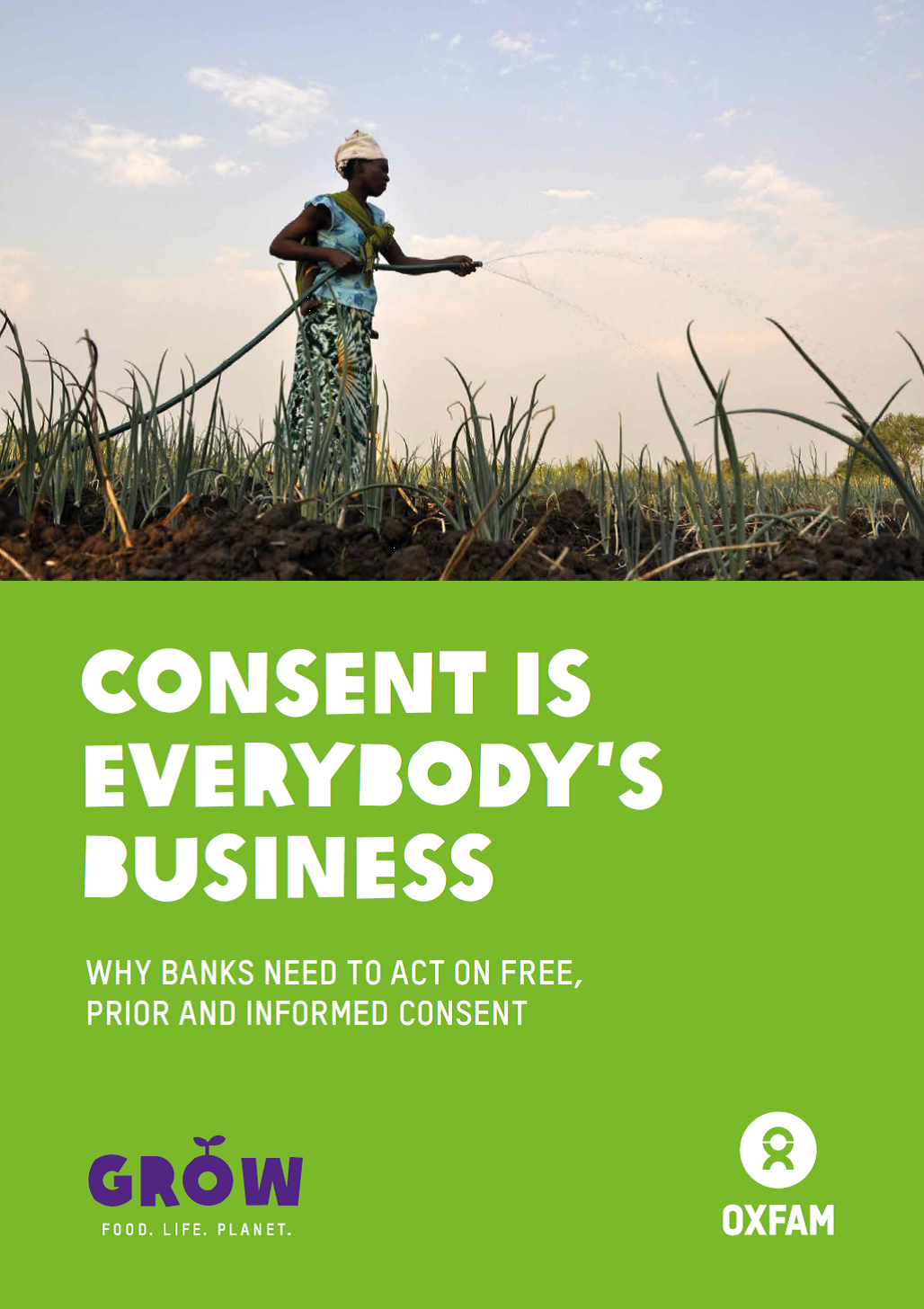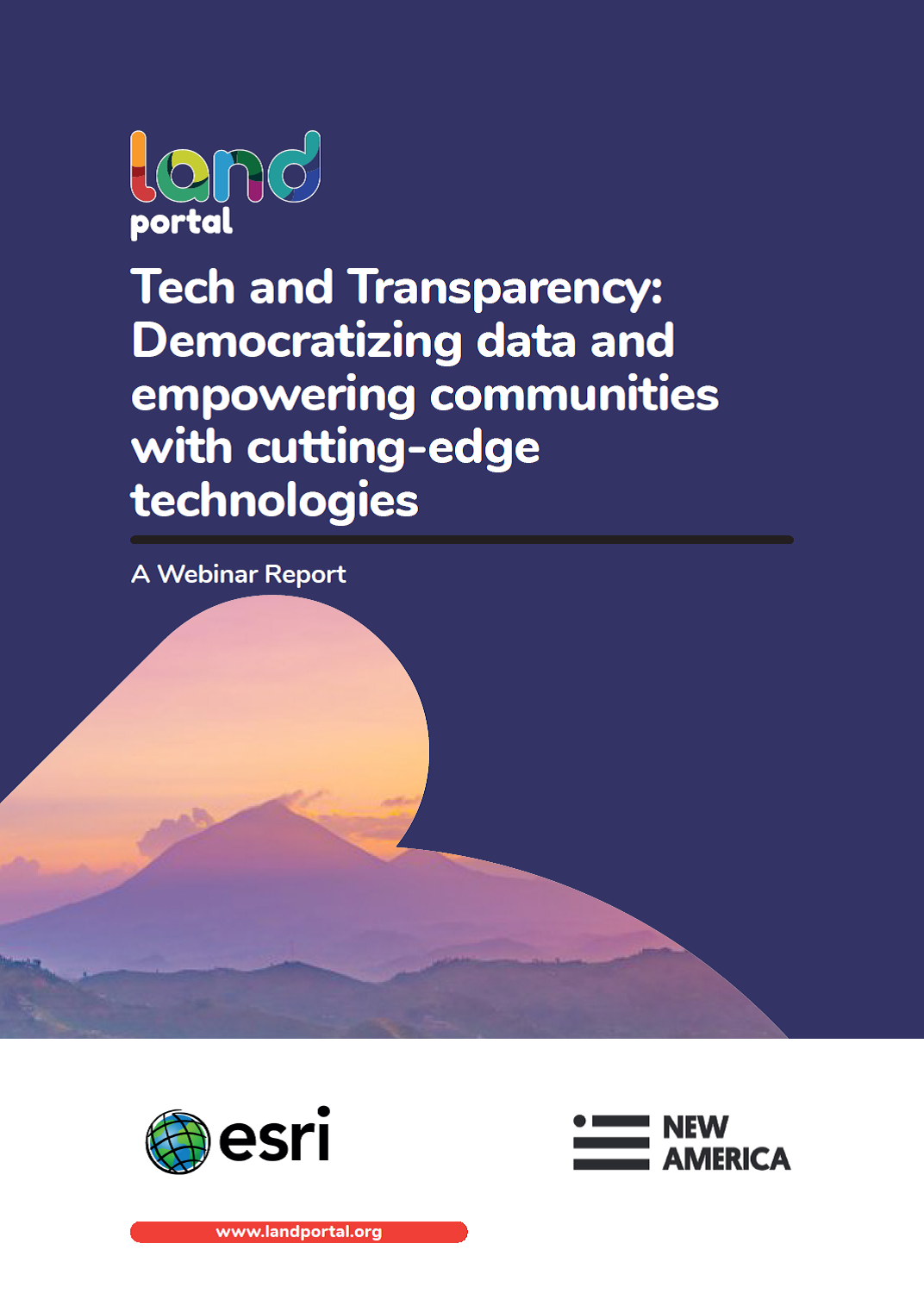Corruption and Politics of Land Administration, Housing Provision and Homelessness among the Urban Poor in Abuja
ABSTRACTRapid urbanization has continued to occur in many post independent capital cities in Africa with serious competition for land and housing among urban dwellers thereby posing challenges to governments. Consequently, this paper examines how corruption and politics have constituted hindrances to efficient land administration and housing provision as homelessness among the urban poor is on the increase as against the provisions of the Abuja Master Plan (AMP). The locale of this study is the Federal Capital Territory (FCT), Abuja.


